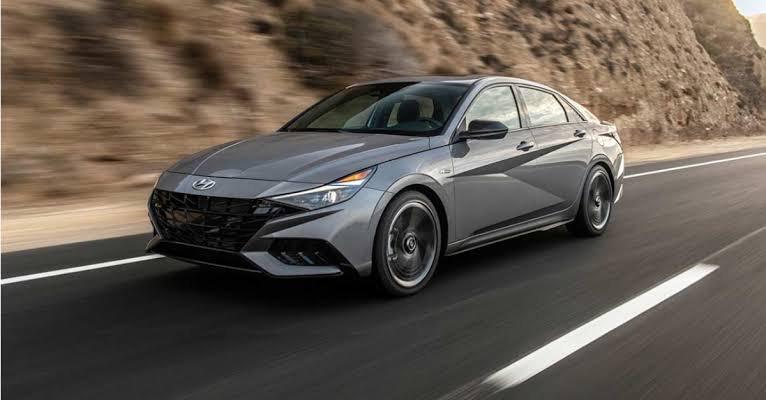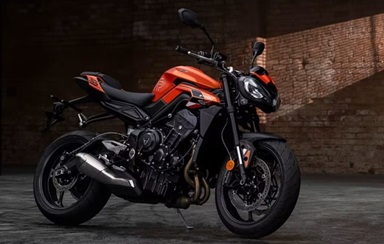Overview

Hyundai India has introduced the new generation 2023 Verna sedan, with pricing beginning at Rs 10.9 lakh (ex-showroom). The compact sedan from the Korean manufacturer is available in four different trim levels and is only available in petrol form. The style of the Verna 2023 has been boldened, the inside has been upgraded, and the safety equipment has been significantly improved. It also comes in a greater size than the model it replaces.
Engine Transmission and performance
The Hyundai Verna 2023 is available with two engines: a 115PS, 1.5-litre NA petrol engine and a new 160PS, 1.5-litre turbo-petrol mill. The new power units meet RDE standards and are also E20 compliant (they can run on petrol with a 20 per cent ethanol blend). With the NA petrol and turbo-petrol engines, a six-speed manual transmission is standard, while automatic options include a CVT and a seven-speed DCT.
Fuel Economy
In terms of fuel economy, the Verna NA petrol returns 18.6kmpl in manual mode and 19.6kmpl in automatic mode. The turbo-petrol variations, on the other hand, promise to generate 20kmpl and 20.6kmpl for the manual and automatic variants, respectively. The new Verna is 4,535mm long, 1,765mm wide, 1,475mm height, and has a 2,670mm wheelbase. It has a boot capacity of 528 litres.
Interior: Comfort and Luxury
The 2023 Verna saloon comes standard with ventilated and heated seats (a category first), a powered driver’s seat, a Bose sound system, a 10.25-inch touchscreen infotainment system, a Venue-like digital driver’s display, ambient lighting, and, most importantly, a comprehensive ADAS suite. The car retains features such as automated temperature control, a wireless phone charger, a sunroof, and keyless entry with a push-button start. Along with ADAS, the 2023 Verna comes standard with six airbags, electronic stability control, ABS, parking sensors, and ISOFIX child-seat mounts.
Safety Features
Six airbags are standard, as are ISOFIX child seat anchors and ABS with EBD. Higher-level Verna models additionally have electronic stability control (ESC), front parking sensors, all-disc brakes, and a tyre-pressure monitoring system. Forward collision warning, blind-spot alert, lane keep assist, lane departure warning, and adaptive cruise control are among the advanced driver assistance systems (ADAS) technologies available in a compact sedan.







